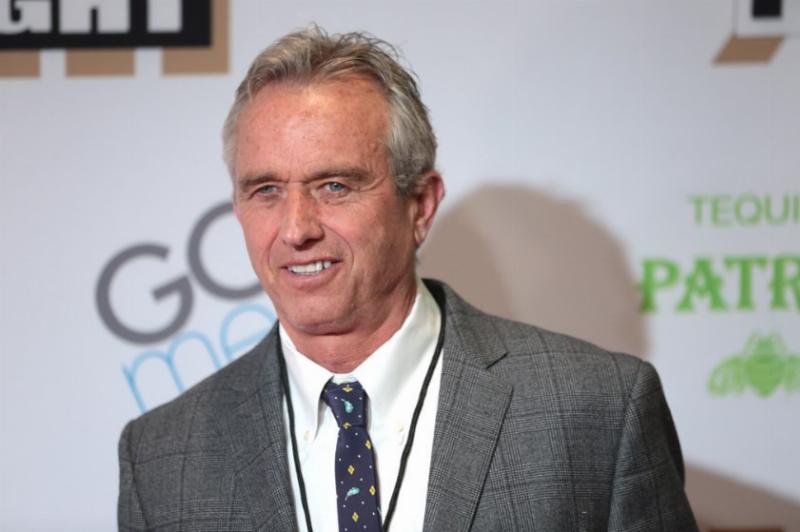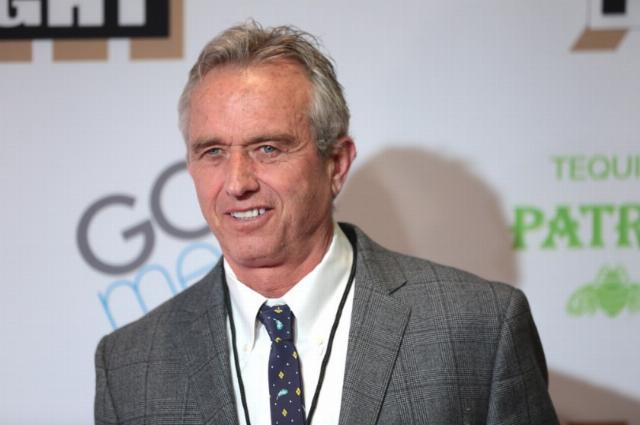


In a reversal of one of the most prominent biomedical investment trends of the past five years, the U.S. Department of Health and Human Services (HHS) announced on August 5 a coordinated wind-down of its mRNA vaccine development efforts under the Biomedical Advanced Research and Development Authority (BARDA). To be clear, it is not a ban on mRNA, but the changes carry significant repercussions for mRNA vaccine research.
The decision affects 22 federal vaccine projects and nearly $500 million in research and development contracts. It follows what HHS described as a “comprehensive review” of data from mRNA-related initiatives launched during the COVID-19 public health emergency.
“We reviewed the science, listened to the experts, and acted,” said HHS Secretary Robert F. Kennedy, Jr. “BARDA is terminating 22 mRNA vaccine development investments because the data show these vaccines fail to protect effectively against upper respiratory infections like COVID and flu. We’re shifting that funding toward safer, broader vaccine platforms that remain effective even as viruses mutate.”
The announcement signals a clear shift away from mRNA-based solutions — once hailed as revolutionary in the fight against COVID-19 — and toward more traditional or next-generation vaccine platforms such as whole-virus and protein subunit technologies. It also marks a turning point in the federal government’s pandemic-era investments, which poured billions into mRNA research, development, and manufacturing under Operation Warp Speed and follow-on initiatives.
Among the key changes detailed in the August 5 press release by HHS:
Certain final-stage contracts with Arcturus and Amplitude will be allowed to reach completion to protect prior taxpayer investments. However, BARDA will not initiate any new mRNA-based vaccine projects going forward, according to the press release.
The decision reflects growing concern over the long-term limitations of mRNA vaccine technology — particularly its inconsistent efficacy against upper respiratory infections and concerns related to safety, waning immunity, and the necessity of frequent boosters.
Although mRNA vaccines like those from Moderna and Pfizer-BioNTech were authorized under emergency-use provisions and later full approval during the COVID-19 pandemic, data accumulated over subsequent years have shown declining protection over time and limited effectiveness against newer viral strains. HHS cited challenges in updating mRNA vaccines to match rapidly evolving viruses like influenza and SARS-CoV-2 subvariants as a central limitation.
Secretary Kennedy, who has long been a vocal critic of rushed pharmaceutical products and regulatory opacity, framed the announcement as part of a broader “return to evidence-based public health.” Kennedy explained in his brief announcement that
the pandemic showed mRNA vaccines don’t perform well against viruses that infect the upper respiratory tract. Here’s the problem: mRNA only codes for a small part of the viral proteins, usually a single antigen. One mutation and the vaccine becomes ineffective.
This dynamic drives a phenomenon called antigenic shift, meaning that the vaccine paradoxically encourages new mutations and can actually prolong pandemics as the virus constantly mutates to escape the protective effects of the vaccine. Millions of people, maybe even you or someone you know, caught the Omicron variant despite being vaccinated. That’s because a single mutation can make mRNA vaccines ineffective. The same risk applies to flu.
Kennedy also pointedly reassured Americans that “HHS supports safe, effective vaccines for every American who wants them.” Kennedy continued, “That’s why we’re moving beyond the limitations of mRNA and investing in better solutions.”
The move will reverberate through the biotech and pharmaceutical sectors, which have heavily staked their research pipelines and investor capital on mRNA technologies for a wide array of infectious diseases and cancer therapies. The pushback from medical experts on social media platforms and mainstream media talking heads has already begun. Many suggest that the decision could undermine American leadership in biotech innovation. The truth is that pharma can continue mRNA vaccine research, just not with taxpayer money.
Others contend that this is a long-overdue correction, including virologist Dr. Steven Hatfill, who appeared on Bannon’s War Room on Thursday. He says the “accumulated data” support the HHS decision, stating that the mRNA COVID shots “were more dangerous than it was to contract COVID-19 and be hospitalized with it.” He stated that the shots were “essentially gene therapy” and “the spike protein itself is a toxin that is killing people. They went too far to admit their mistake. No one stood up until Secretary Kennedy.” Hatfill believes that the COVID task force during Trump’s first administration misled the president on the “proper pandemic response to COVID-19.”
Hatfill is a public health consultant with expertise in “infectious disease control, disaster preparedness, and toxicology,” according to his bio. He served as a White House adviser during President Trump’s first term and in May 2025 was appointed as a special adviser in the director’s office at the administration for strategic preparedness and response. That is the agency responsible for preparing for disasters in the U.S. like pandemics and biological and chemical attacks.
Under Kennedy’s direction, BARDA will prioritize vaccine platforms with broader immune responses and longer track records of safety. Technologies that lack transparent clinical and manufacturing data or that were fast-tracked under emergency use provisions but failed to meet subsequent scientific benchmarks may be phased out.
This includes mRNA vaccines that relied heavily on synthetic lipid nanoparticles, which have raised safety questions in some post-marketing surveillance studies. Kennedy’s recent statement and body of work indicate that BARDA will likely invest in the following types of vaccines under his leadership:
The restructuring also reemphasizes ethical transparency. Calling for “radical transparency” to “restore public trust,” Kennedy has advocated for disclosed trial designs, unredacted safety data, and public access to manufacturing protocols for vaccine investments. He wants to subject all research, including that of vaccines, to “the scrutiny of unbiased science.” His mandate aligns with President Trump’s Make America Healthy Again (MAHA) Commission announced on February 13, 2025.
While this announcement specifically applies to vaccine-related mRNA projects under BARDA and GHIC, other uses of mRNA within HHS — including in cancer therapeutics, rare disease research, and personalized medicine — are reportedly unaffected. NIH-funded basic research on mRNA biology will also likely continue. Nevertheless, the change marks a significant course correction for federal biomedical strategy.

Image: Robert F. Kennedy, Jr. Credit: Gage Skidmore via Flickr, CC BY-SA 2.0.
